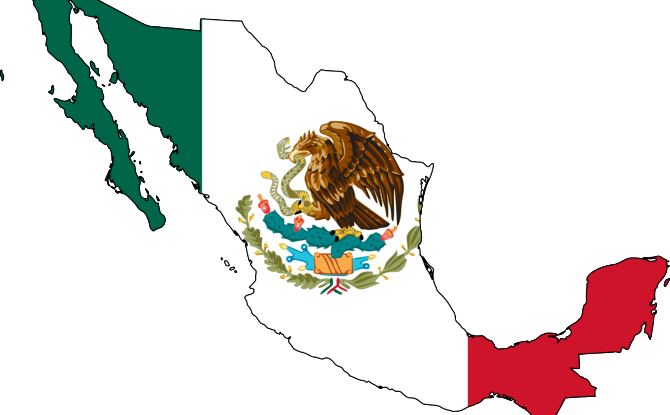After years of longing and a mountain of expense, Michael Theologos became a father in December, when a surrogate mother gave birth to his son in a clinic in this tropical town. Mr. Theologos wept as he cut the umbilical cord.
VILLAHERMOSA, Mexico — Then the trouble began.
The next day, officials arrived at the hospital and took the baby, Alexandros, into custody. They said Mr. Theologos, a New York City resident, had broken a new law that bars surrogate mothers here in Tabasco State from bearing children for foreigners.
Mr. Theologos, 59, did not see Alexandros again for nearly six weeks.
“You receive your dream and then someone comes over and takes away everything,” said Mr. Theologos, an American citizen who paid $55,000 to an agency for the surrogacy. Speaking by telephone from Queens, he added, “It was the end of the world for me.”
Mr. Theologos and his son are among a dozen foreign families who have been tangled up in a legal battle over how to apply new surrogacy restrictions in Tabasco, which for years was the only state in Mexico that allowed foreigners to hire surrogates.
Dozens of other families whose babies are yet unborn will face the same quandary, officials and lawyers said.
The imbroglio highlights the legal complexities of commercial surrogacy and the hazards of outsourcing it to freewheeling frontier markets, experts said.
“It’s an area that’s incredibly hard to regulate,” said Sam Everingham, global director of Families Through Surrogacy, a nonprofit based in Sydney that organizes seminars and shares information on the internet.
The model in which would-be parents from wealthy countries hire surrogates in poorer — and less regulated — nations is “not sustainable,” he said.
Surrogacy has expanded around the globe over the past decade as adoption rules become more stringent. But several markets have boomed and then abruptly closed to foreigners or people who are not in heterosexual marriages, often catching parents in a messy transition from one law to the next.
 Tabasco, where surrogacy has been legal since 1997, became a hub after India closed its doors, first to gay and then to foreign would-be parents, starting in 2013, and Thailand followed suit.
Tabasco, where surrogacy has been legal since 1997, became a hub after India closed its doors, first to gay and then to foreign would-be parents, starting in 2013, and Thailand followed suit.
In Tabasco, the new restrictions closed a lucrative door for hundreds of women in a state where the oil industry has shed thousands of jobs, and the unemployment rate, at over 7 percent, is the highest in Mexico.
“There are no opportunities here,” said Mariana, 34, an unemployed saleswoman who bore twins for an Australian man last year. Like other surrogate mothers interviewed for this article, she did not want her full name used.
Sipping a soursop juice at a noisy cafe in the city center recently, she said that the pregnancy, for which she was paid about $10,000, was her “only chance to get ahead.”
The market here was never as large as India’s and Thailand’s had been. The government estimates that about 100 babies were born to surrogates in Tabasco each year from 2013 to 2016; academics and activists say it could have been as many as 500 a year.
by Victoria Burnett, New York Times – March 23, 2017
Click here to read the entire article.

